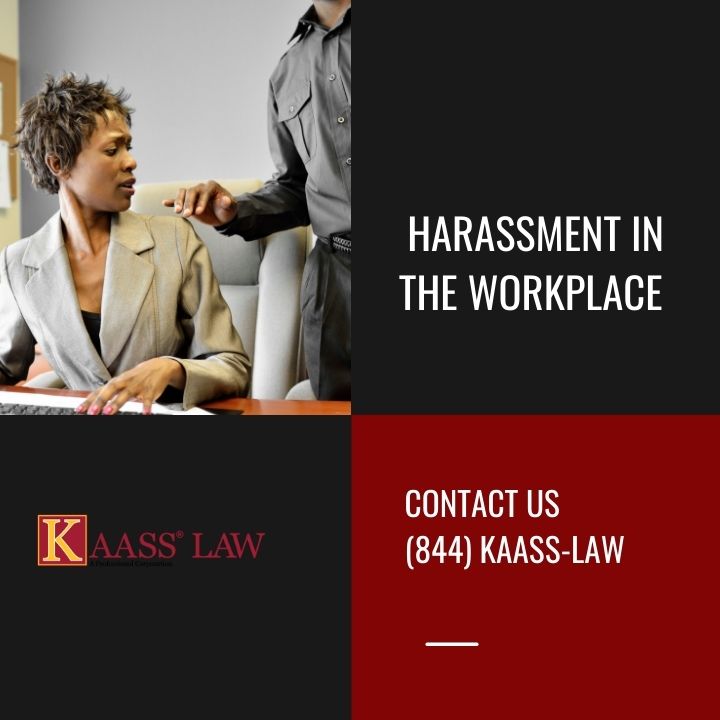Employees occasionally have the right to sue their employers under the California Fair Employment and Housing Act for workplace harassment committed by a non-supervisor. Employees have a right under the FEHA to be free from all forms of harassment including:
- an overseer
- a coworker who is not a supervisor
- certain unpaid individuals (such as clients or independent contractors)
What is the Law Regarding Supervisory Harassment in the Workplace?
Most individuals first consider supervisory harassment when they hear of workplace harassment. The FEHA prohibits the following types of supervisory harassment:
- Sexual harassment, when a supervisor asks for sexual favors or inappropriate behavior in exchange for employee advantages
- Non-sexual harassment, when a supervisor’s severe or pervasive abusive behavior
The fact that the employer is strictly accountable for any harassment, regardless of the manner, is the most crucial concept to comprehend. If the victim’s supervisor or a person with ever higher authority (for instance, the supervisor’s supervisor) was responsible. This indicates that it did not matter if it took appropriate action to stop the harassment from occurring. If an employee sues, claiming that their supervisor harassed them, the employer may still be liable for damages.
Can Employees File Lawsuits for Non-Supervisory Employee Harassment at Work?
If an employee is experiencing harassment by non a supervisor, they may still take their employers to court under the Fair Employment and Housing Act. (This refers to hostile workplace harassment rather than sexual harassment for financial gain.)
The employer is only liable in a workplace harassment lawsuit if the company was negligent. The following two conditions therefore need to be met:
- The employer was aware of the harassment or should have been aware of it
- The employer did not implement a prompt and suitable corrective action
This kind of litigation will center on whether the employer took action to stop harassment in the workplace. Another issue is how the company handled reports of harassment or other warning indicators.
To the extent that the harassing behavior may have been clear to anybody in authority, the employer shall know about it. If this is the case, harassment is still illegal even if the victim does not disclose it. The employer must act quickly to halt it or they run the danger of being found negligent.
Can Employees File a Lawsuit for Harassment by a Client or Customer?
When an employee is experiencing harassment by a customer or client of the firm, particularly a significant one, whether it be sexual or otherwise, a difficult scenario occurs.
The employer’s natural impulse is to appease and appease the client or customer in order to keep their business. But it would be foolish to act on this instinct in light of California harassment law and the FEHA. Similar to how it would be for sexual harassment committed by a coworker, an employer is liable for third-party harassment if its conduct contributed to the harassment.
Negligence is when an employer fails to take the necessary corrective action while knowing or having a duty to know about the harassment.
All employers who are aware that their employees are experiencing harassment by clients, customers, or independent contractors must address the hostile work environment this produces. This is true even in circumstances when sexual harassment would appear to be almost certain (such as when a woman works in a jail for men).
Glendale Attorneys
Do not hesitate to contact us if you have any questions about workplace harassment by supervisors and non-supervisors. Please feel free to give our office a call at 310.943.1171.


Pingback:What Do I Do If I Get Hurt at Work? - KAASS LAW